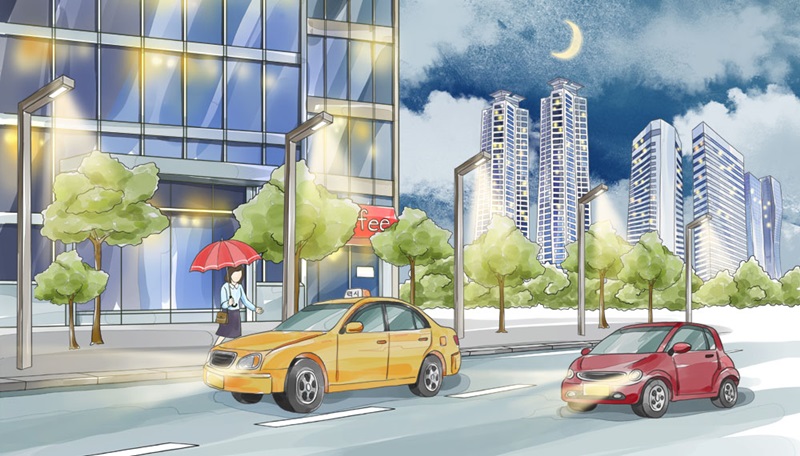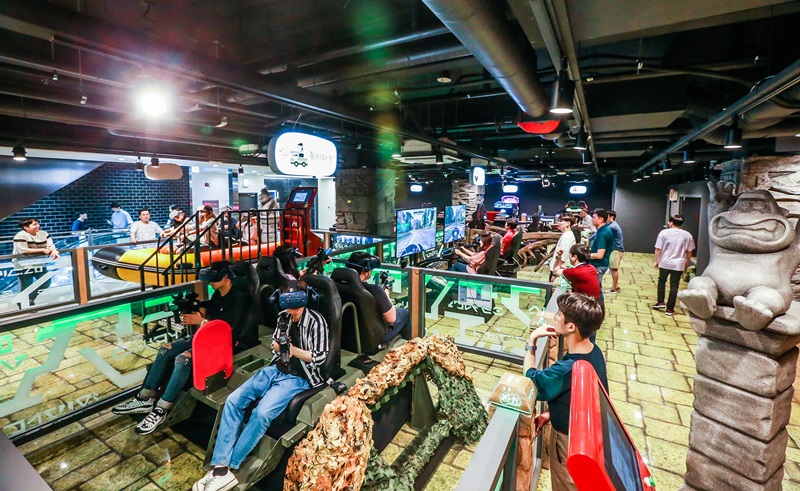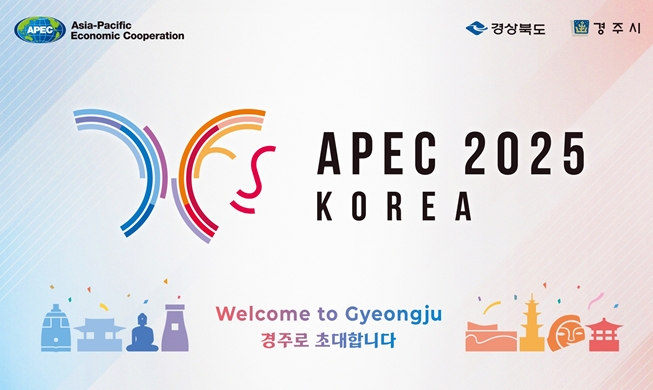
Banban (half-half) Taxi, an app that connects passengers whose routes overlap to cabs, will be launched this month in select parts of Seoul. (iclickart)
By Jung Joo-ri and Lee Jihae
Seoul | July 18, 2019
A regulatory sandbox is a mechanism for exempting or suspending regulations to provide goods and services formerly unavailable due to such rules. To foster new industries and technology, the sandbox took effect from January 17 this year for a two-year period. This article explores a few of the resulting changes since this policy was implemented six months ago.
Gangnam Station and vicinity and the main sections of the downtown Seoul road Jongno have one thing in common: high difficulty of grabbing a taxi late at night. Many people in either area are seen gathering by the roadside to hail taxis around midnight.
A game-changing app has emerged to resolve this situation. Banban (Half-Half) Taxi offers rides between 10 p.m. and 4 a.m. to passengers whose routes overlap by at least 70% and who want to ride together to find a taxi faster and split the bill. The cabbie receives payments from both passengers, so the app benefits everyone.
Current law prohibits a taxi from allowing multiple passengers to share a ride in the same cab. Yet as part of its regulatory sandbox, the Ministry of Science and ICT on July 11 permitted the startup platform Kornatus to launch the app. The service will start this month in the Seoul districts of Gangnam-gu, Seocho-gu, Jongno-gu, Jung-gu, Mapo-gu, Yongsan-gu, Yeongdeungpo-gu, Guro-gu, Seongdong-gu, Gwangjin-gu, Dongjak-gu and Gwanak-gu.
This is the interior of Wecook, a mutual kitchen in Seoul's downtown Jongno-gu District. Under this business model, several licensees can produce goods in one place. (Simple Project Company)
A "mutual kitchen" shared by two or more chefs has also been launched after gaining regulatory approval. While one venue is limited to one business licensee operating in it under current law, the sandbox allows several business licensees to share a space -- the mutual kitchen -- and offer a variety of food and services.
Multiple businesses can now also sell food at the same venue. Seoul Hope Night Cafe, which opened on June 20, runs at the Seoul Underground Rendezvous Service Area until 8 p.m. Afterwards, another business sells snacks and drinks until midnight.
The regulatory sandbox has also led to the emergence of virtual reality (VR) theme parks, which offer simulations that feel extremely real. Kong VR on July 5 opened two branches, one near Gangnam Station in Seoul and the other by Haeundae Beach in Busan. The operation of VR motion simulation used to be difficult due to regulations on electricity and electromagnetic waves but the lifting of the latter has jumpstarted this up-and-coming industry.
A Kong VR source said, "We can now spend less time and money on certifications for VR facilities and content."
Since sandbox regulations took effect six months ago, 81 business establishments have received regulatory approval. A host of industries such as financial technology (fintech), transportation and health care have benefited from the sandbox.
The ministry and other government offices said they will expedite relevant patent processes by formulating standards for certification and technology as well as set up an institutional strategy to more effectively manage businesses.

A branch of Kong VR Theme Park, equipped with virtual reality simulators, was opened on July 5 near Gangnam Station in Seoul. (Motion Device)
etoilejr@korea.kr
Most popular
- Grammy-winning producer calls Suga of BTS 'amazing artist'
- 'Universal love, family' themes fuel success of 'King of Kings': director
- Council sets minimum hourly wage in 2026 at KRW 10,320
- Expansion of foreign app system raises tourist convenience
- Nat'l population diversity rose nearly 8% from 2018-22: study
